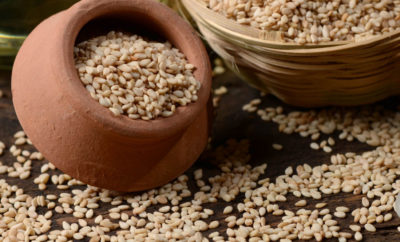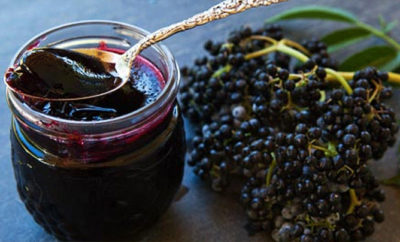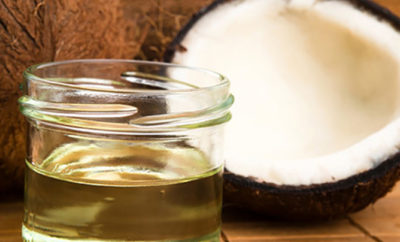This is an article about the incredible vegetable okra (Abelmoschus esculentus). This vegetable has edible pods abundant in calcium and commonly used in all types of stews and soups. Even though quite versatile, this vegetable is not often grown, and only by a small group of people.

There are numerous reasons for you to include this vegetable into your dietary regimen due to its versatile uses and health benefits.
6 Little Known Reasons to Eat More Okra
1. Okra Promotes a Healthy Pregnancy
The high folate and vitamins C and B content of this vegetable make it very significant for pregnant women. This is due to the importance of vitamin B and folate in the process of production and maintaining of new cells.
Vitamin B is also important as it serves as prevention from birth defects, including spina bifida, and as it helps the baby to grow and develop enough. When it comes to the importance of vitamin C during pregnancy, everyone should know that this vitamin is vital for the development of the fetus.
2. Helps Prevent Diabetes
Okra is very beneficial when it comes to regulation of the levels of sugar in the blood. This is thanks to its ability to slow down the absorption of sugar in the intestines.
3. Helps with Respiratory Issues like Asthma
The okra plant has numerous anti-inflammatory and antioxidant effects, mostly thanks to its high vitamin C content. This means that it restrains the development of the symptoms of asthma and that it prevents fatal attacks.
4. Prevents Anemia
Okra is rich in essential nutrients, including iron, folate, and vitamin K, which play a significant role in the process of formation of hemoglobin, as well as blood coagulation, and the production of red blood cells. In other words, okra is a supreme treatment against anemia.
5. Lowers Cholesterol
Okra considerably improves the digestive health. Moreover, this plant improves the levels of good cholesterol in the body thanks to its high fiber content. The soluble fiber is easily dissolved in water and it easily breaks down in the digestive tract.
Furthermore, okra is very beneficial when it comes to decreasing the levels of cholesterol in the body, as it is an excellent replacement of all the foods we consume, including the ones with high fat and cholesterol levels; with the difference that okra contains no cholesterol and very little fat.
6. Skin Health
Both vitamin A and antioxidants are very beneficial for protection of the health of the skin, as they promote quicker healing, eliminate the wrinkles, and reduce the appearance of scars and acne. The reason behind this is the fact that antioxidants are able to neutralize the free radicals which may have caused damage to those cells of the skin.
Cooking And Preparing Okra
The pods of okra are the edible part of this plant, and they can be used chopped or slices, stewed or fried at low temperature so that their mucilaginous texture is being softened. You can also combine them with other vegetables, rice, or meat, in different ways, up to taste.
You should know that you should not over-cook the okra pods, as they will become slimy.
Sometimes, you can find some hybrid varieties of this plant on the market, but you should be very careful and try to avoid these, as they may have been subjected to insecticides and pesticides. To be on the safe side, make sure that you wash the pods carefully using cold water so that the dirt, the soil, or any residual insecticides are being removed.






0 comments